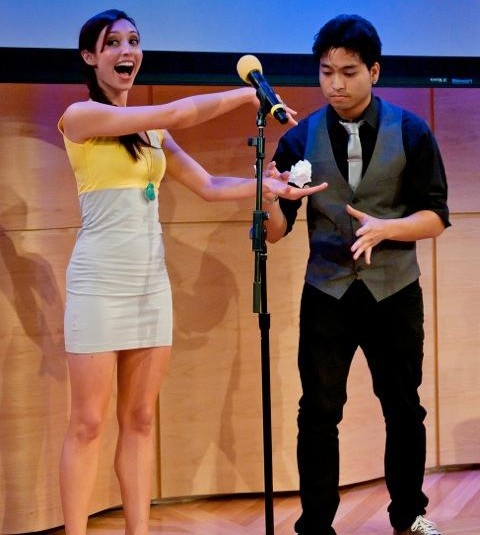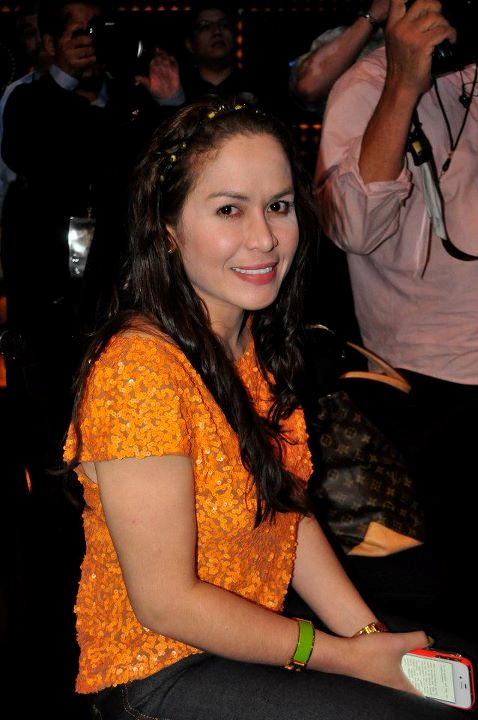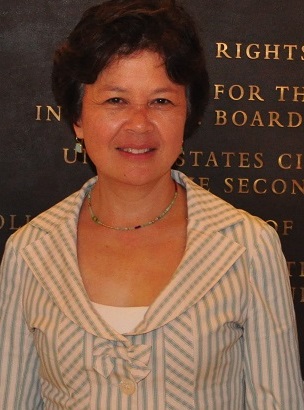Why some FilAms have the mentality of crabs tearing each other down and dividing the community

By Cristina DC Pastor
Filipinos know it when they see it.
We’re talking about crab mentality, a way of thinking where FilAms are harshly criticized, mercilessly ridiculed or become a target of laughter or gossip because they are successful.
We even seem to react with glee in putting other Pinoys down.
Lea Salonga, when she became Miss Saigon, experienced it. Jo Koy, whose jokes bombed at the Golden Globes, was tormented by its toxicity. Both personalities were able to get past that witches’ brew, it and continued to excel notwithstanding the fleeting blow to their egos. Ultimately, crab mentality becomes some kind of a litmus test that determines one’s toughness and ability to survive and get on with their lives.
A certain sense of jealousy emerges when one is perceived to be “moving up” in society, said psychiatrist Dr. Romulo Aromin Jr. in the television talk show Makilala TV.
“When one gets to be in that situation there are feelings that can be attached. You can be admiring the individual or envious of them. There is a sense of egocentricity which leads to the eventual outcome of a sense of I want what you want to achieve but if I can’t get it you can’t get it either,” he explained.
What makes it more toxic, according to him, is people don’t talk about it. “When the victim feels he’s the only one experiencing it… By being able to talk about it, have your social support, it will surmount the difficulties they’re encountering.”
It’s a “passive aggressive behavior,” noted lawyer and a frequent observer of social interactions in the Filipino American community, Elizabeth Cueva. She was also a panelist on the topic of “Deconstructing crab mentality and the Filipino psyche.”
There are several manifestations of crab mentality in the community. One is “gloating and being happy over the misfortune of others,” she said. Another, she added, is leaders who do not want to give up their power and let the younger generation take over.
Makilala co-host Rachelle Ocampo added an observation about community recognition and how some people tend to grumble when an organization wins an award, “Why did they get it? They’re not better than me” is a common gripe.
Aromin spoke of a “code of silence”, a kind of omerta’ that instead of calling out those individuals who perpetuate crab mentality, others join the bandwagon. He used the Tagalog term “Kuyog” for this type of “collective attack.”
“The idea is that when someone does that there is a tendency for others to follow,” he said.
Still others, according to Aromin, have the urge to minimize people’s success not so much because of their innate talent or ability but because of things like ‘the family is rich’ or ‘they have connections.’
“You can make comments about individuals being successful until you hear a comment that you were being helped by someone, or there may probably have some undermining comments such as ‘oh because you have money.’”
However, he believes crab mentality can “work both ways.” A person being criticized may look at it as some form of constructive criticism and try to better himself in his pursuits.
“It can be both,” he said. “ It goes back to being able to be sensitive with regards to comments and feedback. But at the same time it must provide things for improvement. The idea is to have positive change as the outcome.”
Becoming role models is the best outcome for crab mentality, he said.
Being happy for the success of others may not come easy for some of us, but it’s a trait that can be acquired. Cueva said it is important for people to remember certain questions before passing around gossip as a form of crab mentality: “Is it true? Is it helpful? Is it inspiring? Is it necessary? Is it kind?”
Makilala TV is the longest running Filipino talk show (10 years) in the New York metropolitan area. It is aired through Manhattan Neighborhood Network.














